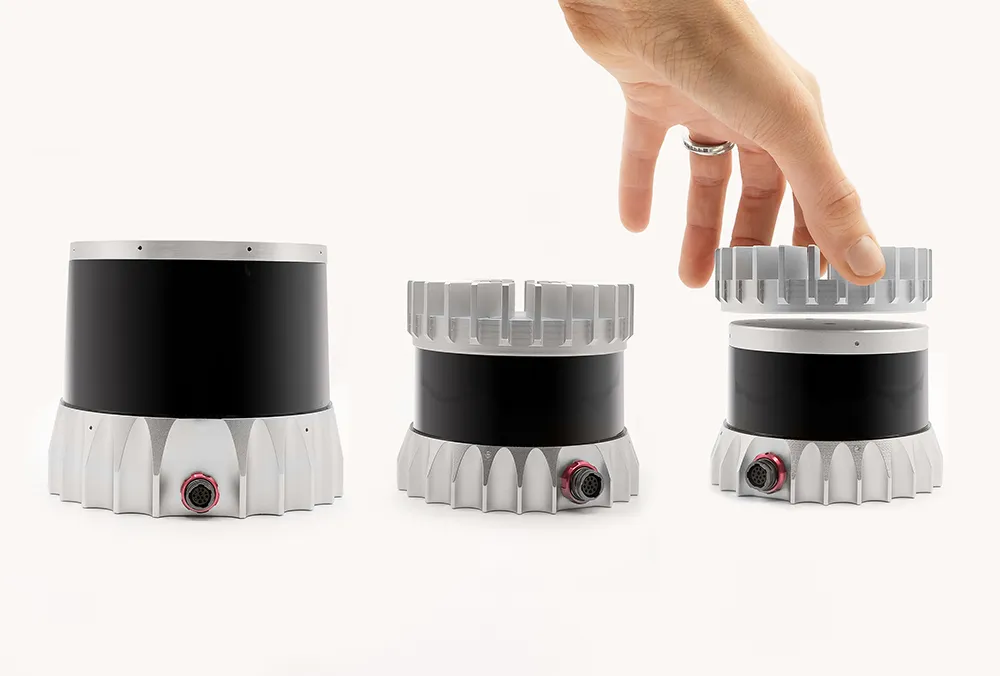Drivers download an app onto their smartphone and connect the car to the app; the smartphone generates a one-off security key that fits the vehicle’s ‘digital lock’. The system then uses a wireless connection to the on-board sensors to measure how far away the smartphone is, and to identify the security key.
Once the driver is within 2m of the vehicle, the door is automatically unlocked and any individual settings (including the rear-view mirror and seat position), are activated.
Once Perfectly Keyless detects the smartphone is in the vehicle, the engine can be started. Once it moves more than 2m from the vehicle, it is automatically locked and the system sends an acknowledgment to the driver’s smartphone.
Bosch’s Perfectly Keyless turns the smartphone into a car key
Bosch aims to end the ritual hunt for car keys with its Perfectly Keyless digital vehicle access system for vehicles equipped with suitable proximity sensors and control system.
Drivers download an app onto their smartphone and connect the car to the app; the smartphone generates a one-off security key that fits the vehicle’s ‘digital lock’. The system then uses a wireless connection to the on-board sensors to measure how far away the smartphone is, and to identify the security key.
November 15, 2017
Read time: 2 mins









